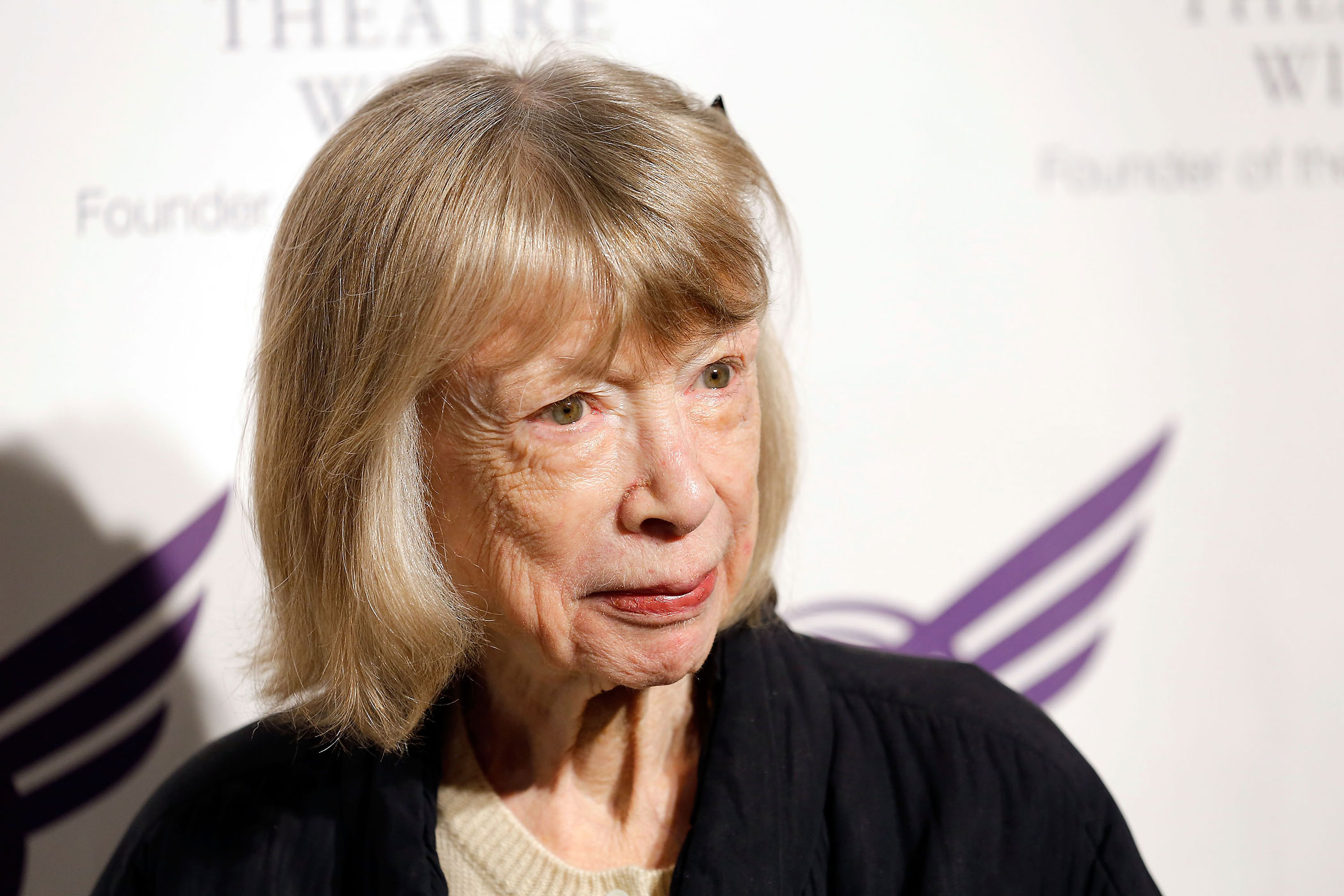
In the preface to Slouching Towards Bethlehem, Joan Didion’s collection of essays from the 1960s, the author speaks to her primary strength as a journalist. “My only advantage as a reporter is that I am so physically small, so temperamentally unobtrusive, and so neurotically inarticulate that people tend to forget that my presence runs counter to their best interests.” Perhaps some of her subjects would agree, but the vast majority of American readers and writers — including the people who give out the National Book Award and the National Medal of Arts and Humanities — would beg to differ. Joan Didion’s work has been squarely within our best interests for half a century. Now, her story will be shared in a documentary.
And it turns out that Kickstarter, the same platform that gave us such lowbrow projects as the infamous potato salad, can provide much more value than mayonnaise and Yukon Golds. The project reached its funding goal of $80,000 before the end of its first day and has already exceeded that amount by nearly $20,000. Its 1,500-and-counting backers will receive rewards like Didion’s recipe book, and, for the high-rollers, a pair from her famed collection of sunglasses.
Driven by Didion’s nephew, filmmaker Griffin Dunne, We Tell Ourselves Stories In Order to Live will weave together archival photographs, Didion’s words, and interviews with those who know her and whose work she’s inspired. It will cover both her writing career, which began as a staff writer at Vogue in the 1950s, and her personal life, which saw the devastating losses, in quick succession, of her husband and daughter.
Participating in the project, Didion has already allowed the team to capture nearly 60 hours of footage. She’ll also select the passages from her essays and novels to read aloud for the film. Between Didion’s involvement and the reverence Dunne has for his aunt, the film may be more a celebration than a balanced account.
But a celebration is most definitely due. And there’s at least one good reason to believe We Tell Ourselves Stories will neither sugarcoat nor edit out the unsavory bits: Didion’s already written it all down anyway. “Everything that has happened to Joan,” explains Dunne in the Kickstarter video, “Joan has written about.” Hopefully those experiences will resonate as strongly on the screen as they do on the page.
More Must-Reads from TIME
- Cybersecurity Experts Are Sounding the Alarm on DOGE
- Meet the 2025 Women of the Year
- The Harsh Truth About Disability Inclusion
- Why Do More Young Adults Have Cancer?
- Colman Domingo Leads With Radical Love
- How to Get Better at Doing Things Alone
- Michelle Zauner Stares Down the Darkness
Write to Eliza Berman at eliza.berman@time.com